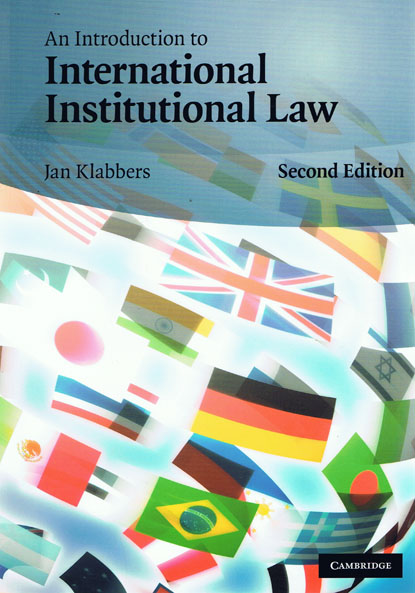We are now closed for the Christmas and New Year period, returning on Monday 5th January 2026. Orders placed during this time will be processed upon our return on 5th January.

International institutions are powerful players on the world stage, and every student of international law requires a clear understanding of the forces that shape them. For example, with increasing global influence comes the need for internal control and accountability. This thought-provoking overview considers these and other forces that govern international institutions such as the UN, EU and WTO, and the complex relationship that exists between international organizations and their member states.
Covering recent scholarly developments, such as the rise of constitutionalism and global administrative law, and analysing the impact of important cases, such as the ICJ’s Genocide case (2007) and the Behrami judgment of the European Court of Human Rights (2007), its clarity of explanation and analytical approach allow students to understand and think critically about a complex subject.